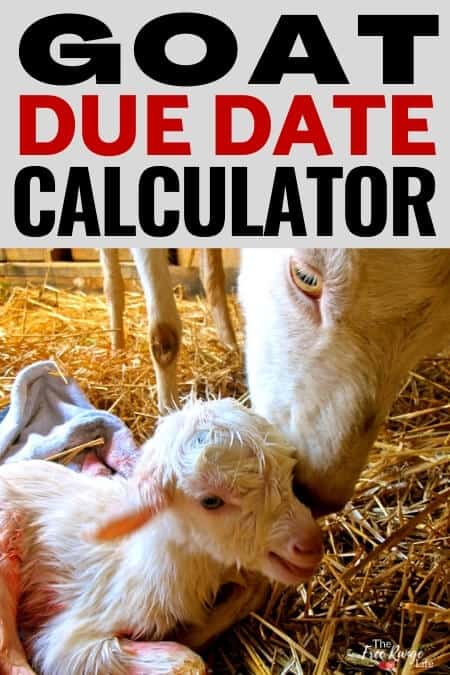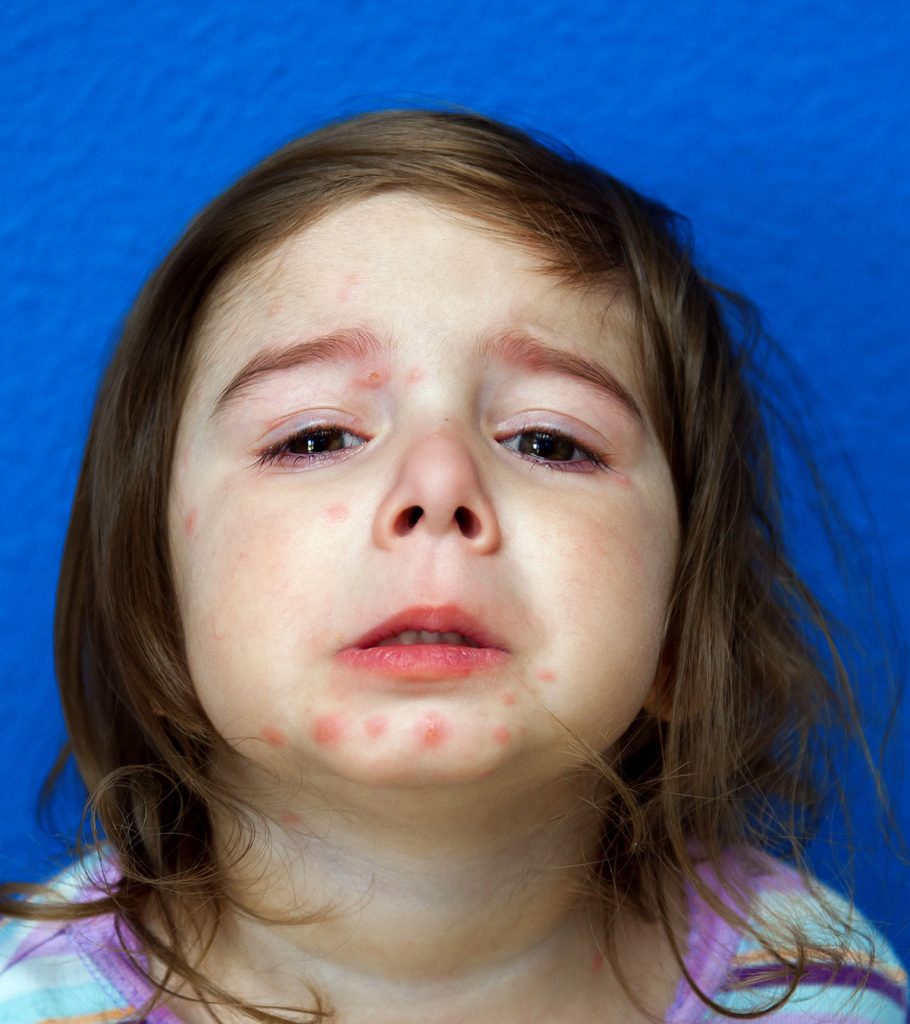
These can include:Ī milk allergy can also cause anaphylaxis, which is a severe, life-threatening allergic reaction.

Itching or tingling around lips and mouth.Symptoms of milk allergy occur after your child eats or drinks a food that contains milk. The reaction can range from mild to severe. When a child is allergic to milk, their body reacts to the milk protein by triggering an immune system response. Most children will eventually outgrow their milk allergy, although some will not. The most common food allergy in babies and young children is cow's milk. Testing can be done to confirm a milk allergy so that you can avoid milk products in the future. Let your pediatrician know immediately if your baby has any reaction to cheese. There are two main safety concerns associated with feeding cheese to babies: milk allergy and milk intolerance. A serving is 1 cup of milk, 1½ ounces of hard cheese, or 2 ounces of processed cheese. By the time your baby is two years old, they should be getting two servings of milk daily. When you first introduce cheese to your baby, they will still get most of their nutrition from breastmilk or formula. Lactose is a type of sugar that is not easily digested by people who don't have the enzyme to break it down. Aged cheese contains lower levels of lactose than milk does, so it can be better tolerated by people who are lactose intolerant. Nutritional Benefits of Cheese for BabiesĬheese is a nutrient-dense food that contains proteins, fats, and minerals. If you aren't sure if a food or drink is pasteurized, don't give it to your baby. Pasteurization is a heat treatment process that kills the bacteria that causes food poisoning. This can cause chronic kidney disease, kidney failure, and even death. coli are more likely to develop a serious complication called hemolytic uremic syndrome. Children under five who get food poisoning from the bacteria E. Young children also produce less stomach acid that kills off harmful bacteria.Īdditionally, young children are more likely to become dehydrated from vomiting and diarrhea because of their small size. They can't fight off infections as well as older children and adults. Children under the age of five are at a higher risk for contracting food poisoning because their immune systems aren't fully developed. Unpasteurized cheeses can contain bacteria, viruses, and parasites that can invade food and cause foodborne illnesses, also called food poisoning.



The American Academy of Pediatrics recommends that your baby's first foods be single-ingredient purees or very soft foods. Read on to learn which cheeses you can feed your baby and which you should avoid.
Goat due date calculator pro#
If your baby is getting to be a pro at eating these early purees, you may be wondering when it's time to introduce cheese and which kinds your baby can eat. When you first introduce your baby to solid foods, it's best to stick to purees of single fruits and vegetables.


 0 kommentar(er)
0 kommentar(er)
